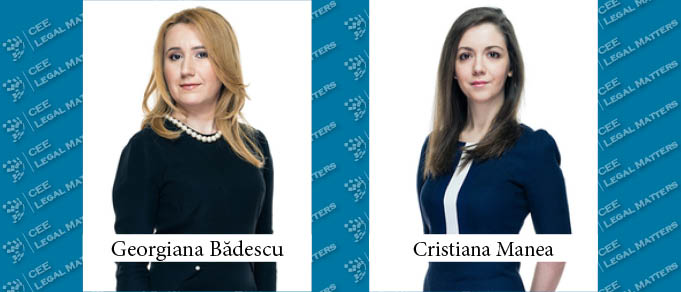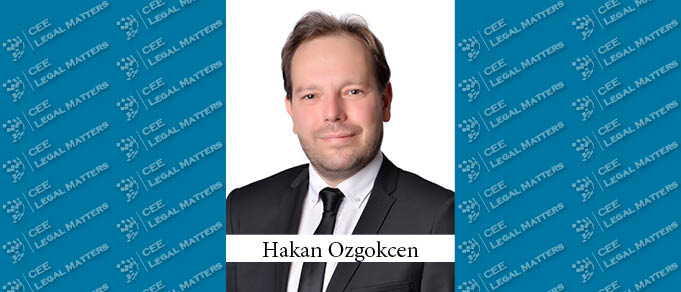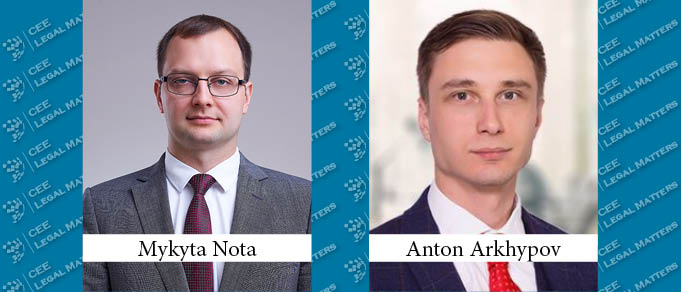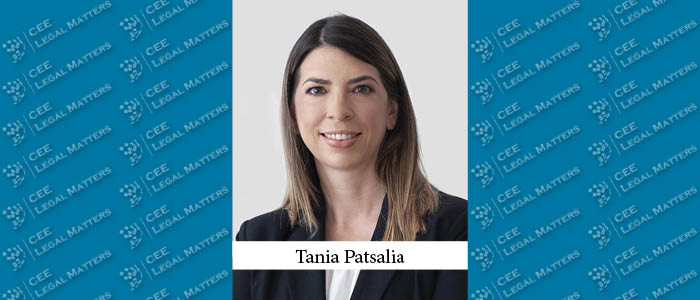Distribution agreements, also termed vertical agreements, are currently subject to a block exemption regime (the VBER) from the general antitrust prohibition. The VBER is due to expire on May 31, 2022. In this context, the European Commission has engaged in extensive public consultations and has already published a proposed new regime, the revised VBER and Vertical Guidelines, scheduled to enter into force on June 1, 2022. These are, in our view, the four key topics that suppliers should be aware of when preparing for the revised regime:
No-Poaching and Wage-Fixing Agreements on Turkish Competition Authority’s Radar
In recent years, the growing concern that employers’ market power in labor markets has led to reduced or suppressed wages and working conditions has heated up the discussions on the competition authorities’ potential interference over competition violations within labor markets. These discussions have not remained theoretical and the competition authorities have started to launch investigations into labor markets. The Turkish Competition Authority (TCA) has kept pace with this global trend. On April 20, 2021, the TCA announced on its official website that it has ex officio launched a full-fledged investigation against 32 companies, mainly active in digital markets, to determine whether they violated the Law on the Protection of Competition through gentlemen’s agreements in labor markets in Turkey.
Ukrainian Competition Authority Puts Corporate Investment Funds under Spotlight
Over the past year, the Antimonopoly Committee of Ukraine has been closely scrutinizing business structures involving corporate investment funds during the review of merger control notifications. In particular, the regulator is interested in relations of control among asset management companies, corporate investment funds, and their shareholders. Depending on the regulator’s position, the list of parties to a concentration can be significantly wider than one may probably realize.
Ukrainian Competition Authority Puts Corporate Investment Funds under Spotlight (2)
Over the past year, the Antimonopoly Committee of Ukraine has been closely scrutinizing business structures involving corporate investment funds during the review of merger control notifications. In particular, the regulator is interested in relations of control among asset management companies, corporate investment funds, and their shareholders. Depending on the regulator’s position, the list of parties to a concentration can be significantly wider than one may probably realize.
Latest Amendments to Anti-Trust Legislation in Bulgaria
In February 2021, the Bulgarian Parliament adopted a major amendment to the Law on Protection of Competition (LPC). More than a hundred provisions were amended or newly introduced, making this change arguably the largest since the initial adoption of this law in 2008.
New Competition Policy in the Czech Republic?
At the end of 2020, the Chairman of the Czech Competition Authority (CCA) was replaced. Petr Rafaj, who had been in the position for more than 11 years and who had been linked to several controversial cases, resigned. The government, through a tender procedure, selected his successor: Petr Mlsna. The aim of the 42-year-old lawyer, who has extensive experience working in senior government positions, is to return the good reputation of the CCA. Mlsna emphasizes strengthening the importance of competition law as part of the CCA’s competencies.
Highlights In Competition Law and its Enforcement – How to Ensure Effective Claim Enforcement in Hungary Today?
Assessing the damages resulting from competition law infringement is one of the main focal points of private antitrust litigation. However, in almost all cases, the assessment of damages and causation requires an expert with specialized expertise. Below, we review the methods available in the Hungarian legal system for providing expert evidence. In particular, we will show that the law only provides limited options in cases requiring special expertise. Moreover, this limitation may be even more pronounced due to the seemingly obscure nature of case law interpretations related to private expert evidence – interpretations that are currently being formulated.































